Tag: multidialectal approaches
-
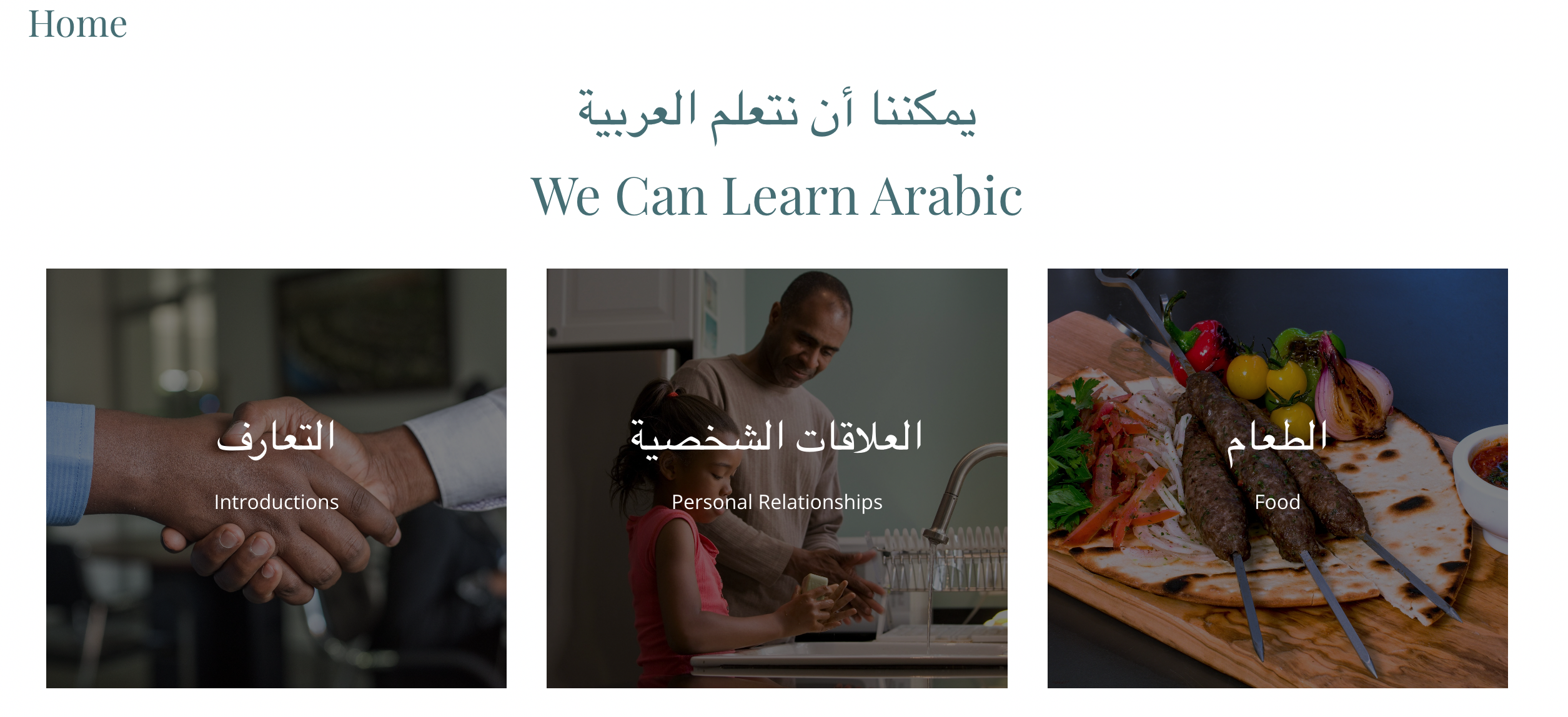
We Can Learn Arabic site updates
When we launched the We Can Learn Arabic website in 2020, one of the most exciting aspects was the ability to make regular updates as we test the materials in class. We added new units and made tweaks to the activities in 2020 and 2021. In Summer and Fall 2022, as part of our research…
-

Multilingual and Multidialectal Approaches: Setting up a research team
This fall semester I’m launching a new research project, “Multilingual and Multidialectal Approaches in the Arabic Classroom.” Thanks to funding from the Qatar Foundation International, I also have a research team, including undergraduate and graduate students. This means that I’ve spent the bulk of my semester so far setting up this project, so I thought…
-
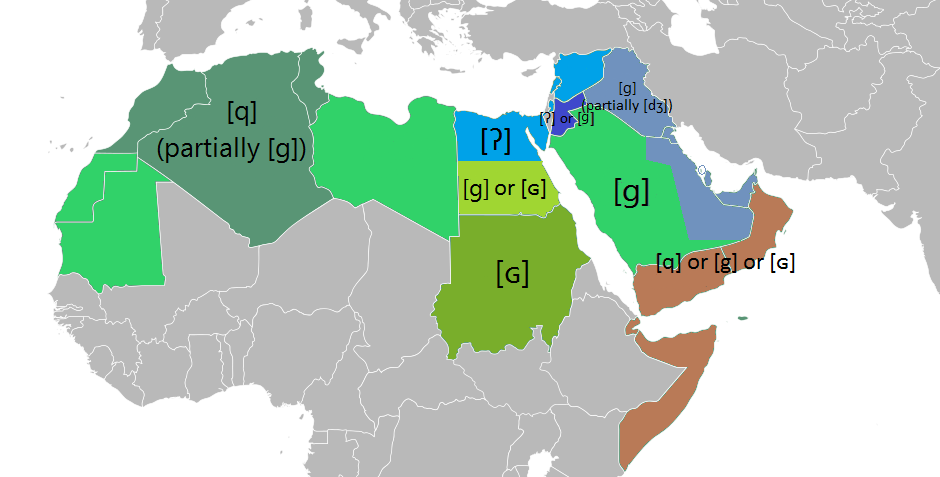
Does a multidialectal approach mean teaching all of the dialects?
This is a question I get frequently when I advocate for a multidialectal approach to learning Arabic. The short answer is no.The longer answer is also no, but with a much lengthier explanation, which I thought I’d give in this post. In general, there are two types of people who ask this question. The first…
-
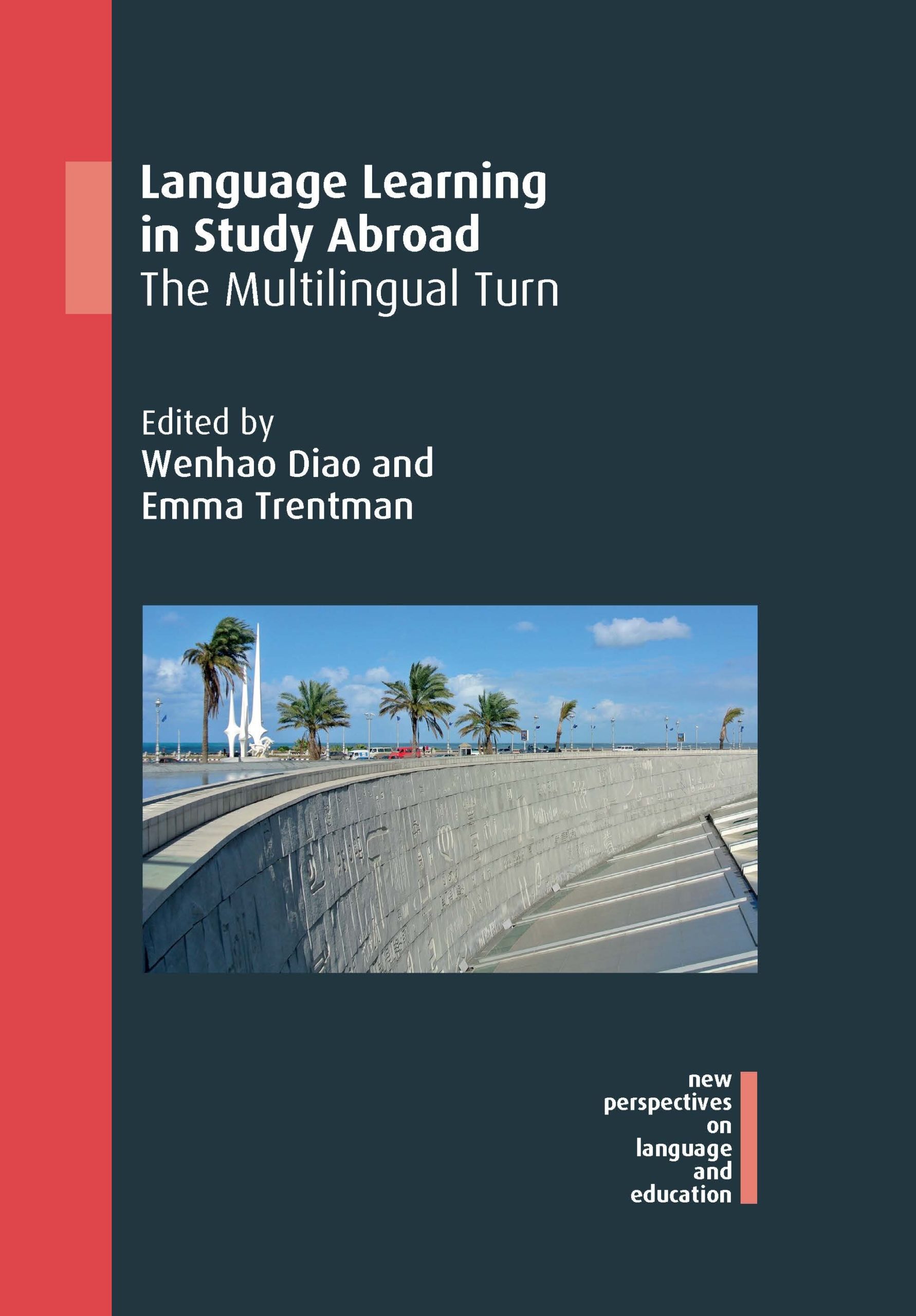
November Updates: Daycare, Book, Article, Award!
November is traditionally the crunch month in the academic calendar, marking the almost end of a long semester (Weeks 11-15 of 17 at my institution). Everyone is tired, stressful assignments are coming up, we’re behind and there’s less time to catch up, it’s getting cold. This year, of course, we also have pandemic anxiety and…
-
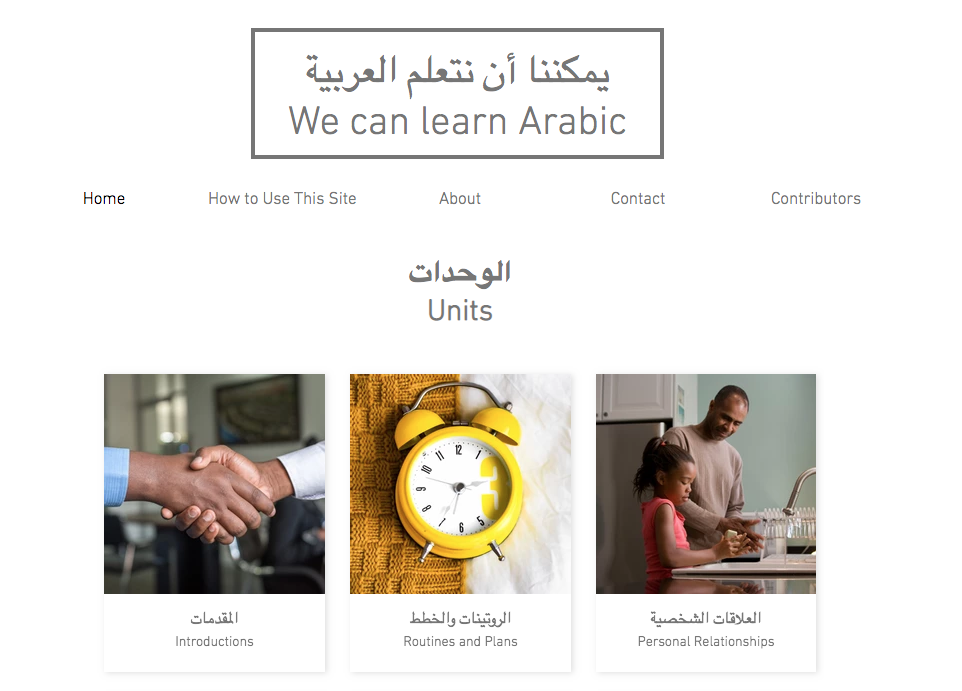
Introducing: the We Can Learn Arabic website!
As I’ve detailed in my curriculum development posts over the last two years, we have slowly been replacing our textbook with our own materials, generally based on texts we find on the internet or create ourselves. Although I’ve frequently been asked when we will make our own textbook, I’ve actually never been interested in making…
-

Why awareness of language ideologies is important
“Ideology” can be a dismissive turn people use to critique or undermine certain ideas or practices by contrasting this “ideology” with facts, or science, or reality. On the one hand, the dismissers are right—these are “just ideologies.” On the other hand, it’s also not the case that there is a reality free of ideologies. Ideologies…
-
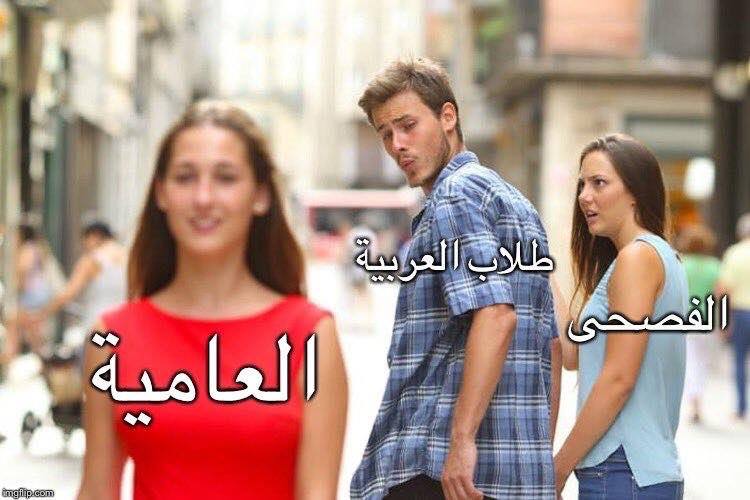
Bringing emotions and ideology into the MSA/dialects debate
The meme above seems to be making the rounds for everything these days, and the image above popped up in my Facebook feed the other day. I smiled, because it my experience it captures a common conundrum in Arabic teaching—we usually focus on Modern Standard Arabic, MSA, الفصحى in the classroom, much to the dismay…